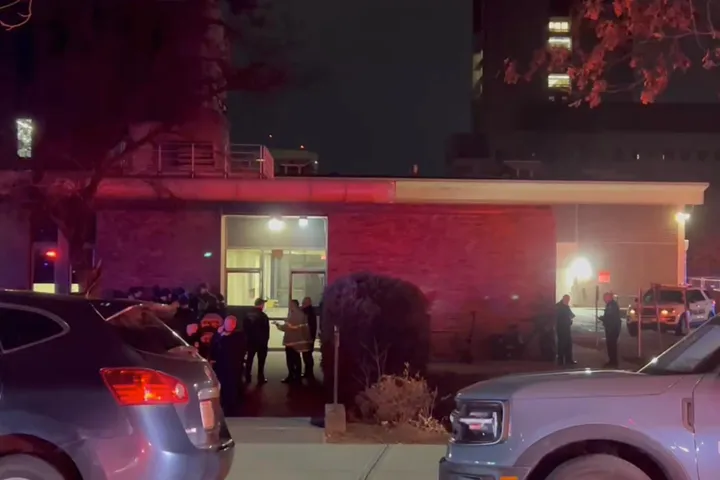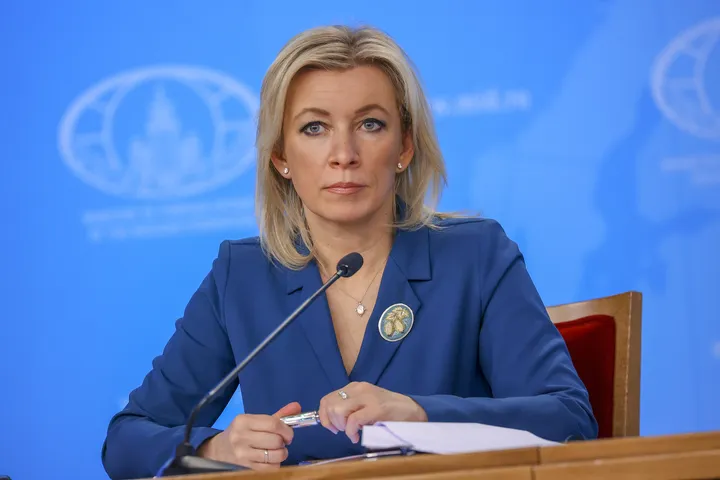Last Friday, Feb. 2, 19 students at an Ivy League university in the United States stopped eating, due to a war raging thousands of miles from home.
They say the decision was "a desperate plea, and a necessary escalation" for Rhode Island-based Brown University "to listen to our calls and seize the opportunity to take a material stance against genocide."
The move comes four months after Israel began its bombing campaign of Gaza. Nearly 30,000 Palestinians have been killed, 70 percent of them women and children.
On his fourth day without food, a Palestinian student said at a campus rally, "Although I feel a little dizzy, I do know that I am privileged. If a medical issue was to arise, I would be immediately rushed to the hospital, something my people in Gaza no longer have."
The strike follows months of protests and sit-ins at Brown and other universities around the country. According to organisers, the group is now part of the longest-running hunger strike for Palestine in the US.
One student had to drop out after contracting COVID, but hundreds more committed to the cause by starting a 36-hour solidarity fast on Thursday. The timing coincided with the start of a two-day meeting of the Brown Corporation, the university's chief governing body.
Divestment vote
In a statement, the students, who are part of the Brown Divest Coalition, said they will continue to refuse food until Brown University considers voting on a divestment resolution. Some of the major companies they want the school to divest from include RTX Corporation, a weapons manufacturer; Northrop Grumman, a military company; and Boeing and Airbus.
In 2019, 69 percent of voting undergraduate students at Brown supported divestment from companies that "facilitate human rights violations in Palestine," but University President Christina Paxson has steadfastly refused to bring the issue to the corporation.
Officials previously said the school does not directly invest in harmful entities, but that Brown is prohibited by "confidentiality provisions" from sharing details of assets held through external investment companies.
In a letter to students, Paxson said, "It is not appropriate for the university to use its financial assets – which are there to support our entire community – to 'take a side' on issues on which thoughtful people vehemently disagree."
Brown officials appear to have taken several actions to thwart the strikers and their mission. This includes limiting campus access to journalists, power-washing away pro-Palestinian messages chalked around campus and warning strikers not to post their daily schedule on social media.
But students remain optimistic about their success. Citing the school's history of divesting from apartheid South Africa after four students went on a hunger strike in 1986, strike participant Ariela Rosenzweig said, as reported in the Guardian:
"We’ve seen historically that it’s taken a lot of pressure from student activism, from local activism, to get the university to do the right thing. We’ve seen that with South African apartheid on this campus, we’ve seen that with (Brown) divesting from Sudan, from tobacco – all these things have stemmed from this greater student pressure."
























